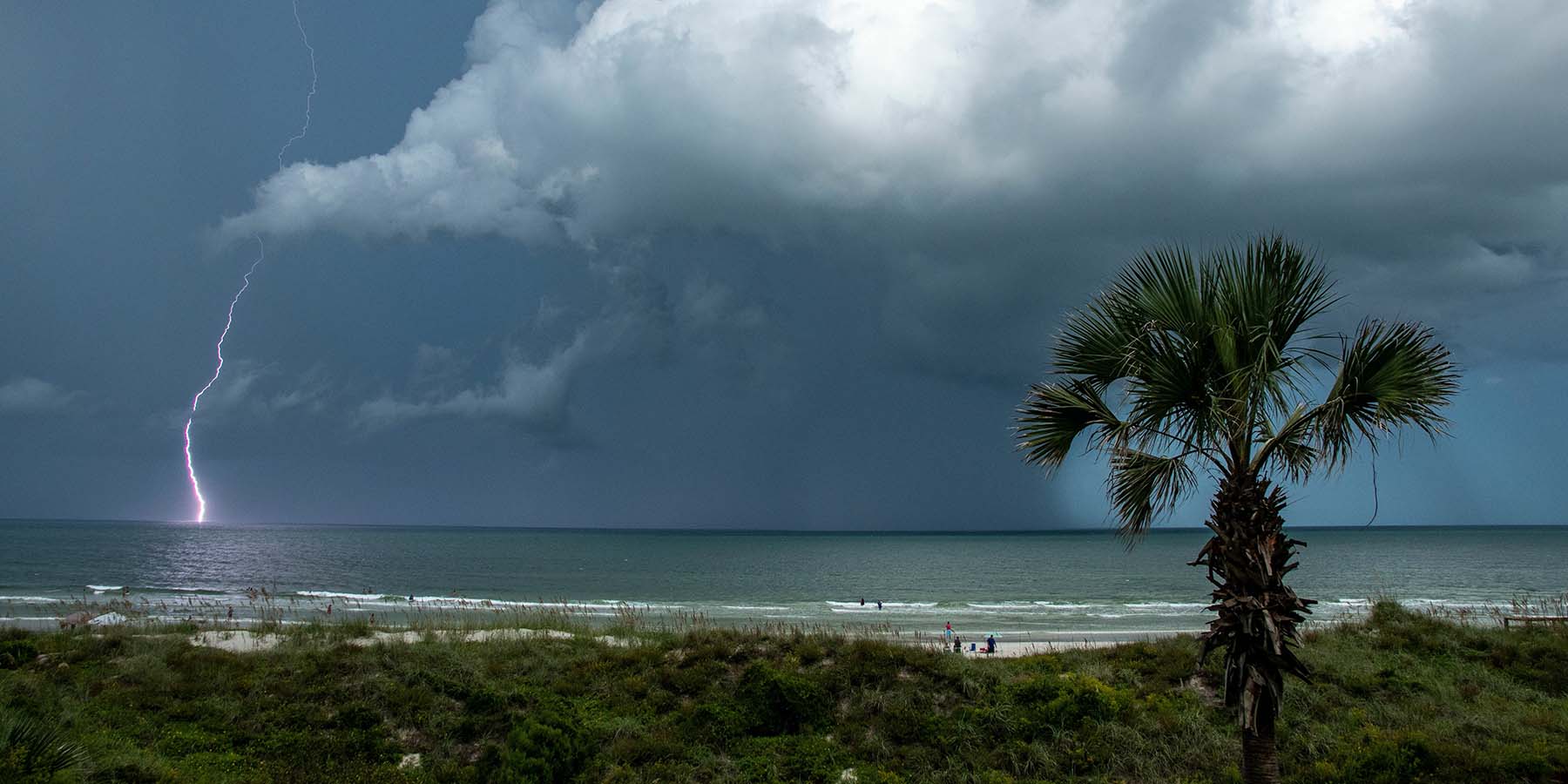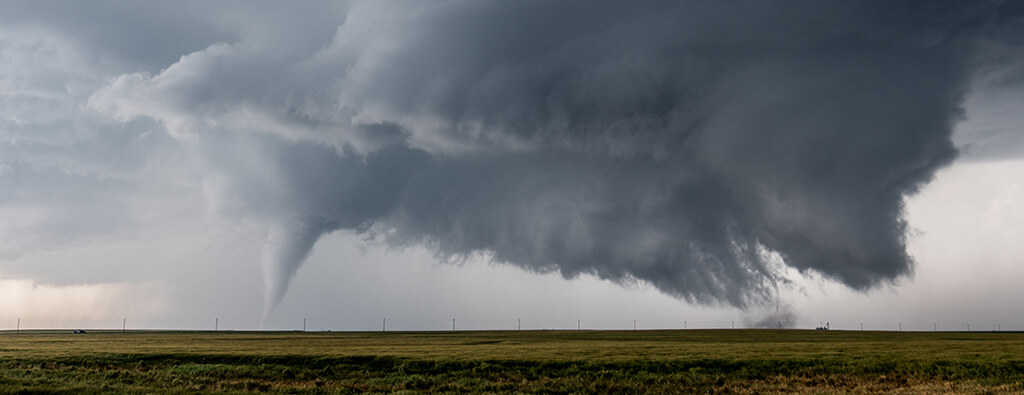In recognition of Black History Month, we spotlight Kevin Sligh Sr., MBA, CEM, whose contributions to offshore energy safety and environmental compliance have made him a figure of inspiration for professionals across the emergency management sector. As the first African American to lead the Bureau of Safety and Environmental Enforcement (BSEE), Sligh’s groundbreaking journey reflects his profound resilience, leadership, and commitment to excellence, marking a significant stride toward diverse leadership representation in the federal government.
From Humble Beginnings to Historic Achievement
Sligh’s career is a testament to his relentless pursuit of impact and excellence. Rising from Philadelphia, his journey underscores that achievement is bound by neither background nor circumstance. “I hope my story shows that no matter what you look like, you can reach the top. I was a kid from North Philly, worked hard at the highest levels of the government, and ended up running a federal agency,” said Sligh.
Sligh credits several mentors who gave him the opportunity to realize his potential, but one mentor in particular, who played a pivotal role in Sligh’s career, was Captain Jason Merriweather, U.S. Coast Guard (ret.). Sligh was a young U.S. Coast Guard (USCG) recruit stationed in Pennsylvania. After being interviewed by Captain Merriweather, he was sent to the California Bay area’s Pacific Strike team. Upon arrival in Sacramento, Sligh found himself on a C-130 plane heading toward the Gulf of Mexico to help the people impacted by Hurricane Katrina. “During that operation, I realized the opportunity the Captain gave me. He saw my potential, and he gave me an opportunity to see it for myself. To be successful on a Strike Team, you must ‘make calm out of the chaos,’ and it was in Alexandria, Louisiana, where I found out I could be ‘the calm,’ work on solutions, and help people.”
After serving in the USCG on active duty for almost 20 years, Sligh served as Chair of the Certified Emergency Manager Commission at the International Association of Emergency Managers (IAEM), was an adjunct professor for Frederick Community College, and was appointed as the Director of Response Policy for the National Security Council at the White House in 2017. In this role, he was responsible for national domestic emergency management exercises and emergency response practice, advising the Senior Director for Response Policy, the Deputy Homeland Security Advisor, and other senior White House officials regarding the National Exercise Program and emergency response. He later returned to the USCG, where he, among other roles, served as Incident Management and Crisis Response Division Chief and Deputy Office Chief for the Office of Marine Environmental Response. He also worked at FEMA for several years before his appointment at BSEE.
A Vanguard in Offshore Energy Safety
As the BSEE Director, Sligh has illustrated that effective leadership transcends all boundaries, steering the agency with a focus on safety, environmental protection, and responsible energy production. His expertise in organizational leadership, strategic planning, and incident management has been pivotal as his agency begins focusing on new technologies and more sustainable energy sources. In addition to BSEE’s traditional focus on regulating offshore oil and gas, under his leadership, the agency is preparing for the future, working to ensure that the growing U.S. offshore wind sector and any future efforts to store carbon dioxide under the ocean floor are carried out with an emphasis on safety and environmental integrity. Sligh’s strategic approach extends beyond immediate gains, envisioning a future where clean energy production offshore epitomizes environmental stewardship.
Empowering the Next Generation
Sligh offers direct, actionable advice to those embarking on their careers: to refine skills to expert levels to realize their potential as the key to success. “Hone your skill set so no one can question your abilities. You must know the potential you hold.” He views potential as a talent a person possesses – not the organization the person works for. “Organizations are not the source of an individual’s potential but serve as platforms for individual and collective growth.”
His message to established and emerging professionals emphasizes the importance of fostering talent within teams, firmly believing that organizational success naturally follows valuing and supporting one’s team and their contributions.
Sligh’s influence extends beyond his official capacity at BSEE, serving as a lasting testament to the power of leading by example. His story, celebrated during Black History Month, honors his substantial contributions to his field and serves as an inspirational model for resilience. And his legacy offers a blueprint for future leaders committed to pursuing excellence amidst adversity.



